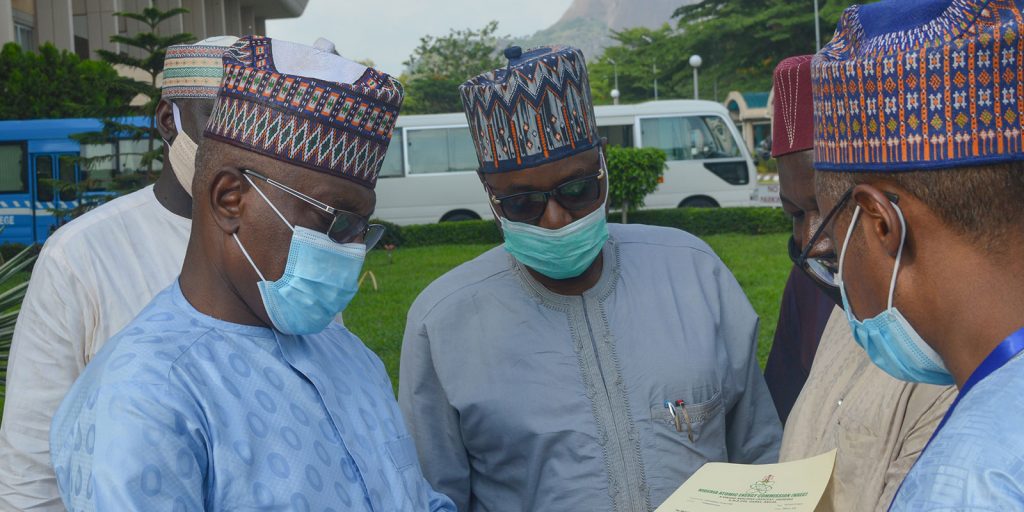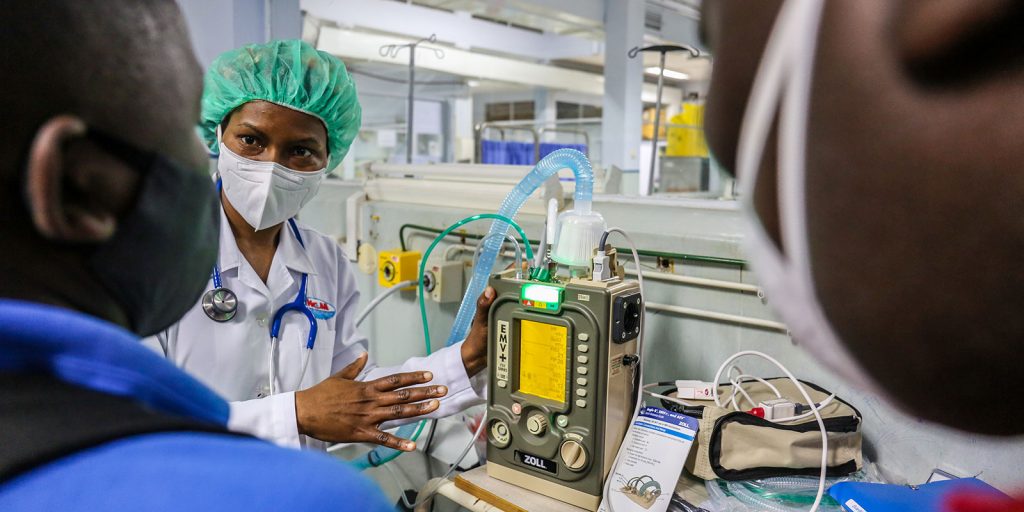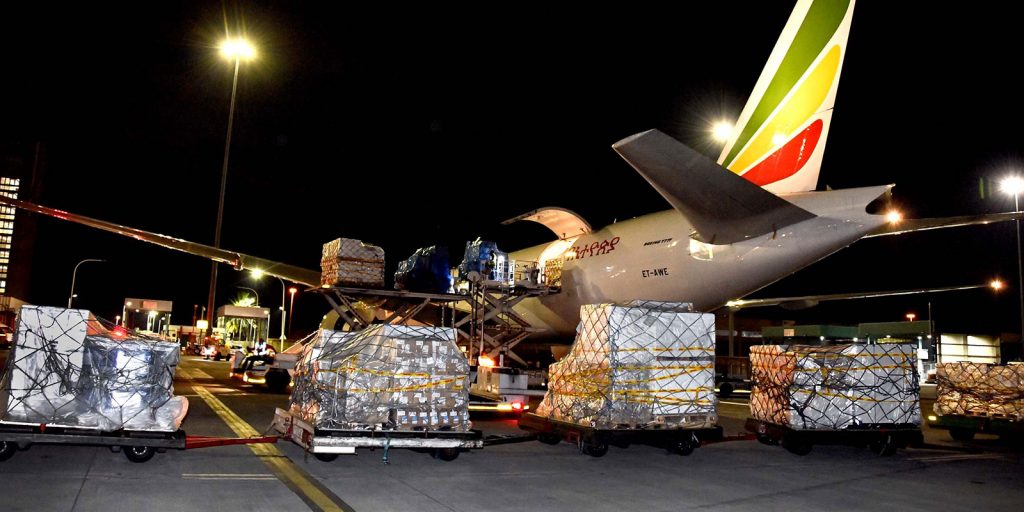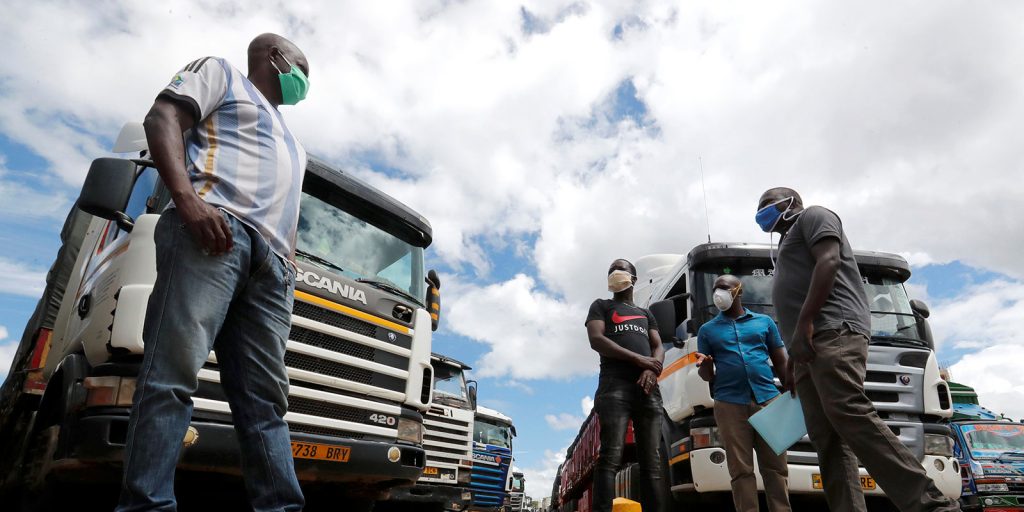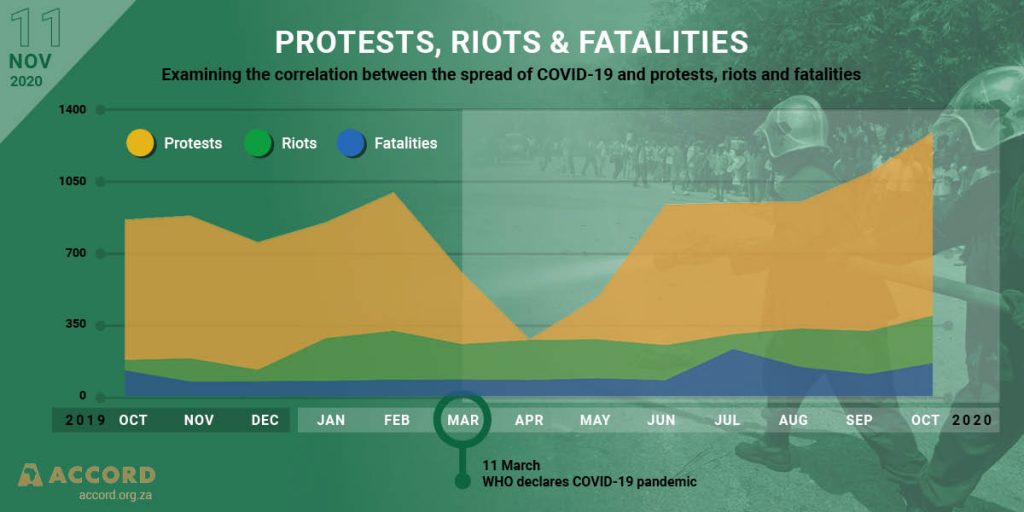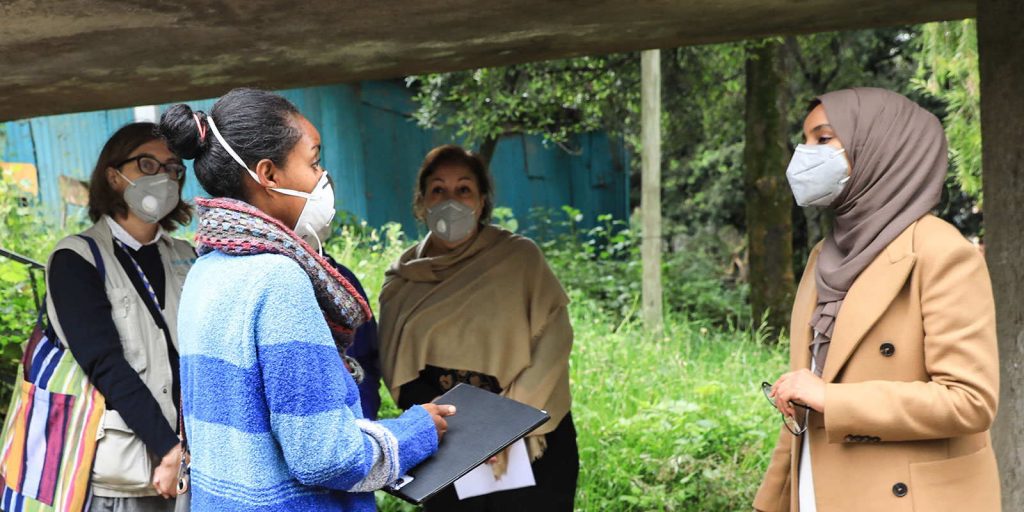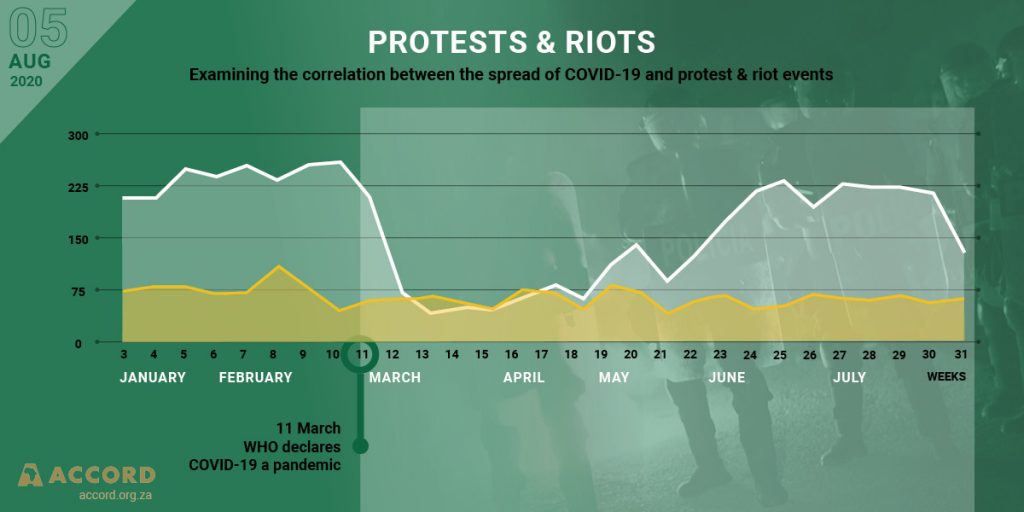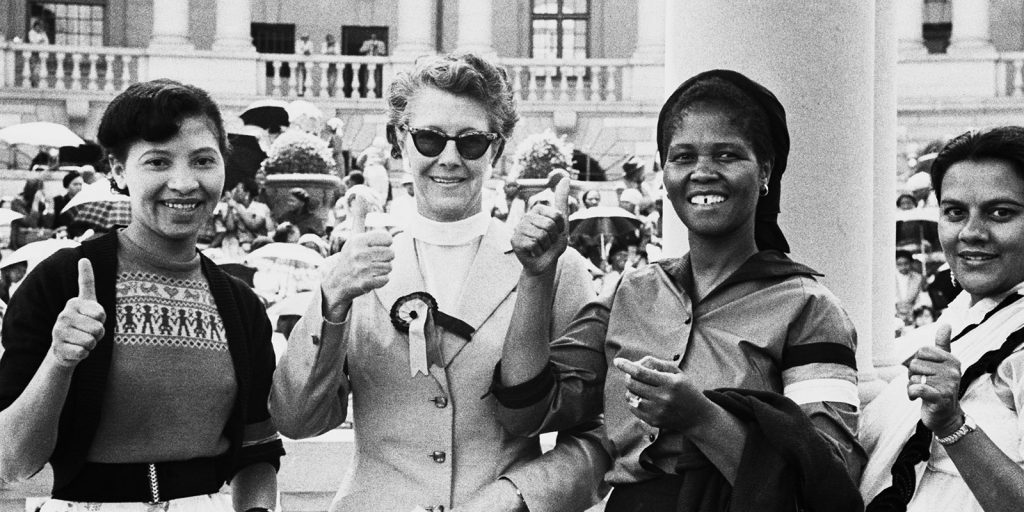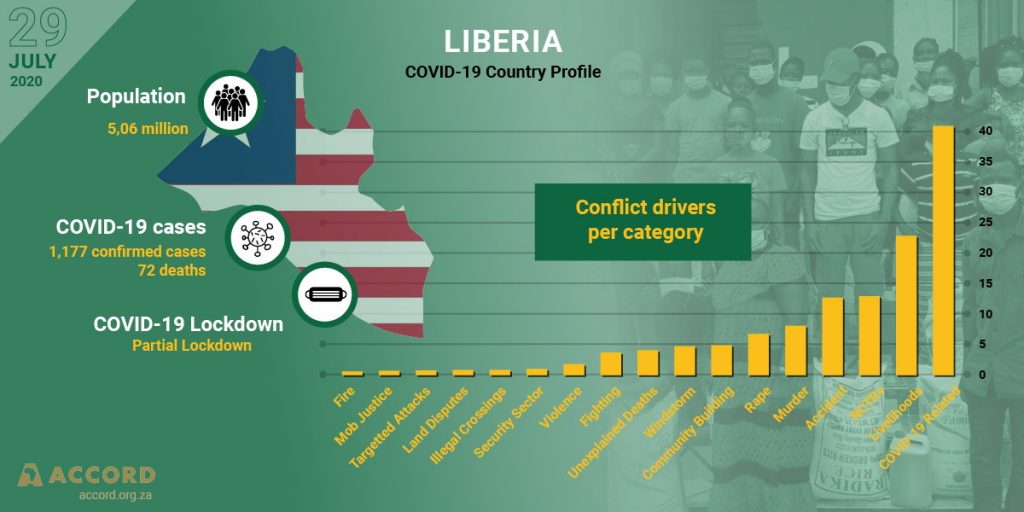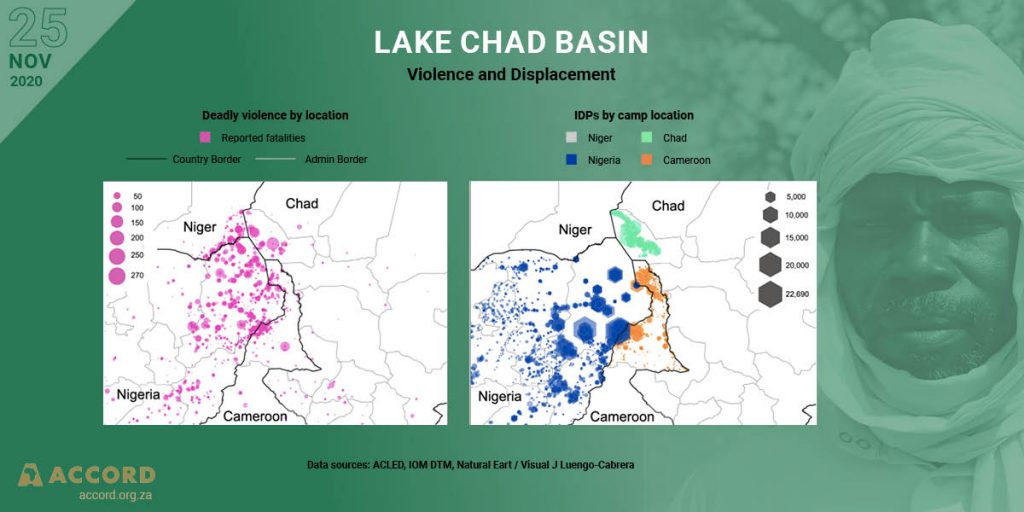
COVID-19 exacerbating existing security, social and livelihood challenges in the Lake Chad Basin region
The Lake Chad Basin is faced with a multidimensional crisis, largely as a result of a complex combination of factors that include terrorist activities, extreme poverty and a changing climate. The combination of these factors has triggered significant insecurity and the displacement of populations. The area has grown into one of the most complicated humanitarian emergencies in the world, with threats to the livelihoods of over 45 million inhabitants. The outbreak of the COVID-19 pandemic in the region has therefore exacerbated existing challenges, making an already dire situation worse. The pandemic has significantly heightened the economic needs in the region and has presented serious challenges to the livelihoods of people in this region. These factors feed into conflict triggers, which contribute to further instability in the Lake Chad Basin.

